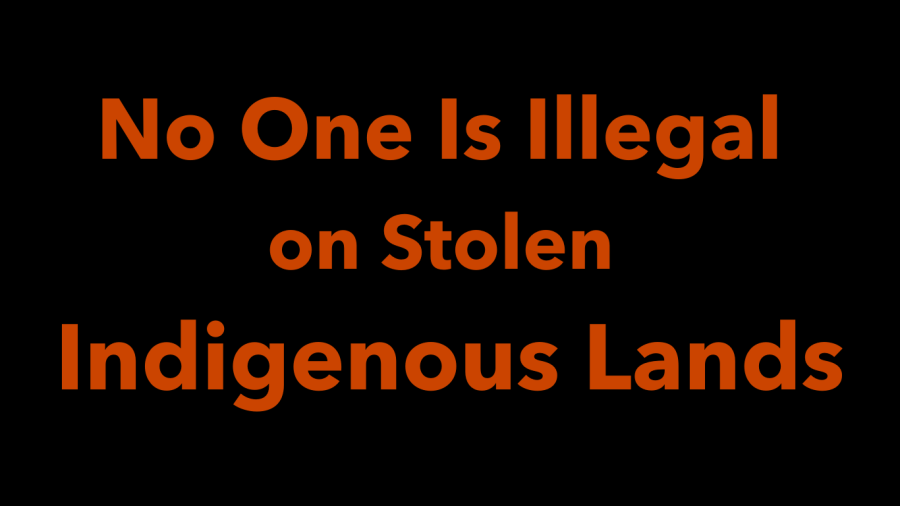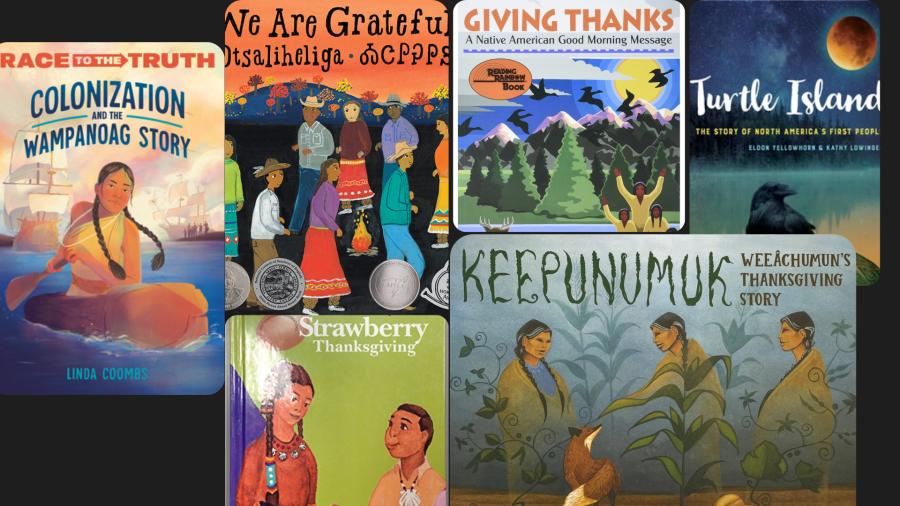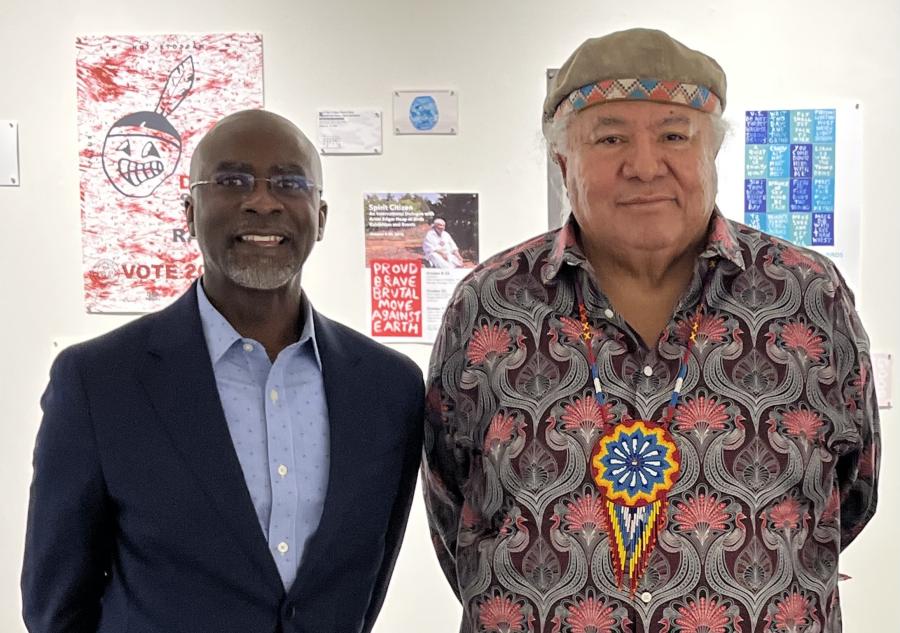
Dear Members of the Massachusetts Joint Committee on Education,
Cultural Survival is an Indigenous rights advocacy organization based in Cambridge, MA, since 1972. We urge you to support bill MA S291, An Act to Prohibit Native American Mascots by Public Schools in the Commonwealth, which will be heard on June 6, 2017.
Banning Native American Mascots is the right choice for the state of Massachusetts, which prides itself on being a respectful and safe state for people of all backgrounds and ethnicities, as well as a state that upholds human rights.
A vast majority of Native Americans across the country and in Massachusetts have condemned the idea that a mascot that depicts a stereotyped caricature of a Native American is an acceptable way to honor Native cultures. In fact, many of the largest representative organizations of Native American Peoples and Tribes have requested for years that this practice be ended: The National Congress of the American Indian, Intertribal Council of the Five Civilized Tribes (Chickasaw, Creek, Cherokee, Seminole, and Choctaw Nations) the National Indian Education Association, the American Indian Movement, and many more.
Reiterating that sentiment are institutions at the state, national and international levels: the Massachusetts Teachers Association, the National Education Association, the American Psychological Association, the U.S. Commission on Civil Rights, the United Nations Special Rapporteur on the Rights of Indigenous Peoples, and many more.
It is clear that educational institutions choosing to use Native American mascots harm children. Mascots based on stereotypical ideas of Native peoples breed cultural insensitivity and misunderstanding about Native American people and our history as a nation and as the state of Massachusetts. Stereotypical Native American mascots have been shown to interfere with a school’s efforts to provide accurate information related to the history, culture, and Tribal sovereignty of American Indian Nations.
The American Psychological Association’s 2005 resolution states, “The continued use of American Indian mascots, symbols, images, and personalities establishes an unwelcome and often times hostile learning environment that affirms negative images and stereotypes that are promoted in mainstream society.” As well, research conducted by Stephanie A. Fryberg (2008) concluded:
• Exposure to race-based Indian stereotypes harms American Indian students,
• Attractive stereotypes cause as much harm as cartoon caricatures,
• American Indian students who approve the use of Indian logos, mascots and names experience more harm than do American Indian students who oppose the use of such imagery.
• Euro-Americans experience a boost of self-esteem when exposed to the same-race based Indian stereotypes.
We urge you to continue holding Massachusetts to the highest standards for our children’s public education and to ensure that all of our children feel welcome in our schools.
Cultural Survival



